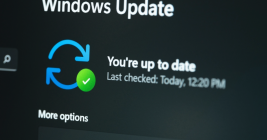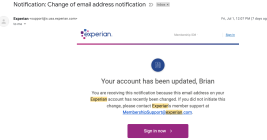911 Proxy Service Implodes After Disclosing Breach
911[.]re, a proxy service that since 2015 has sold access to hundreds of thousands of Microsoft Windows computers daily, announced this week that it is shutting down in the wake of a data breach that destroyed key components of its business operations. The abrupt closure comes ten days after KrebsOnSecurity published an in-depth look at 911 and its connections to shady pay-per-install affiliate programs that secretly bundled 911’s proxy software with other titles, including “free” utilities and pirated software.











